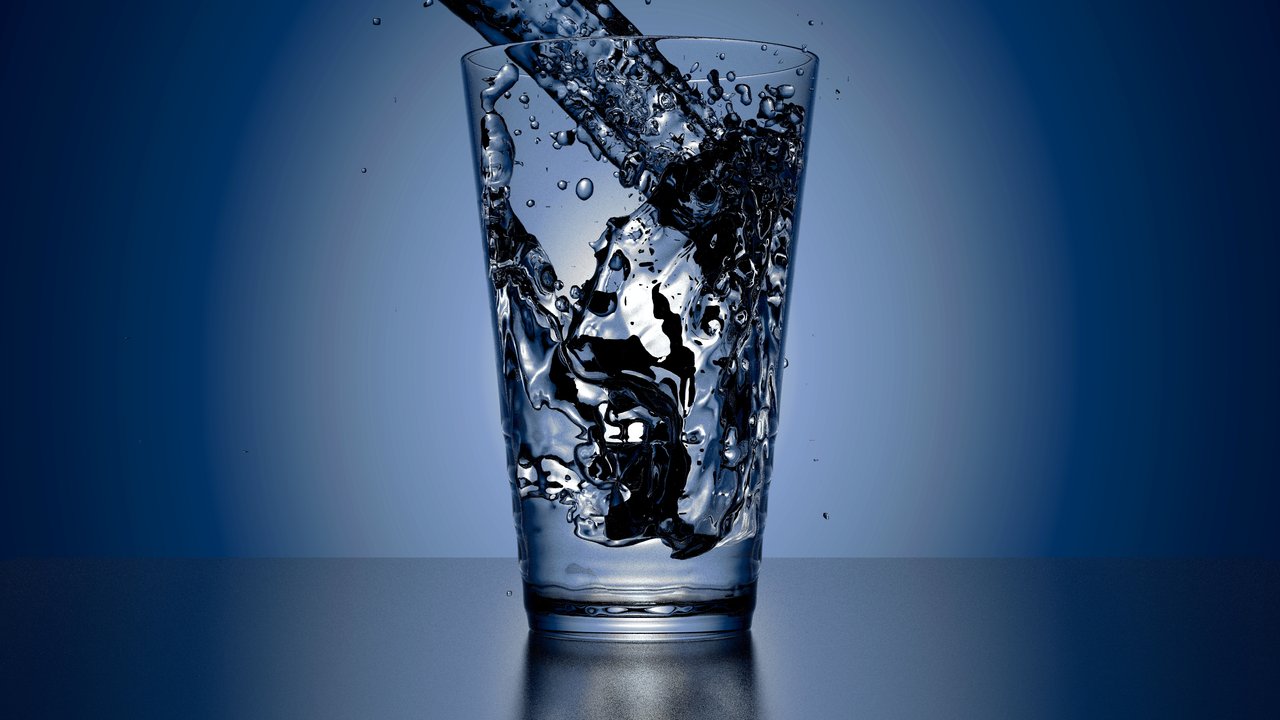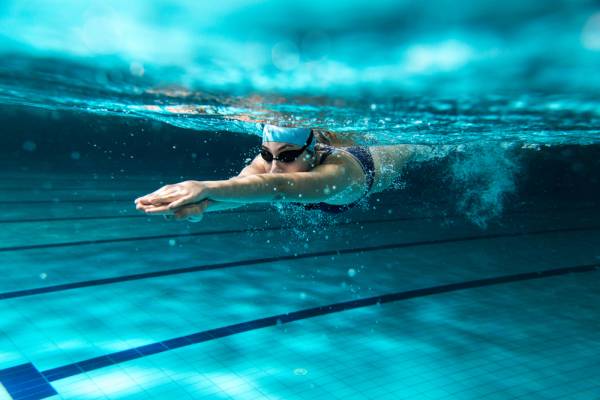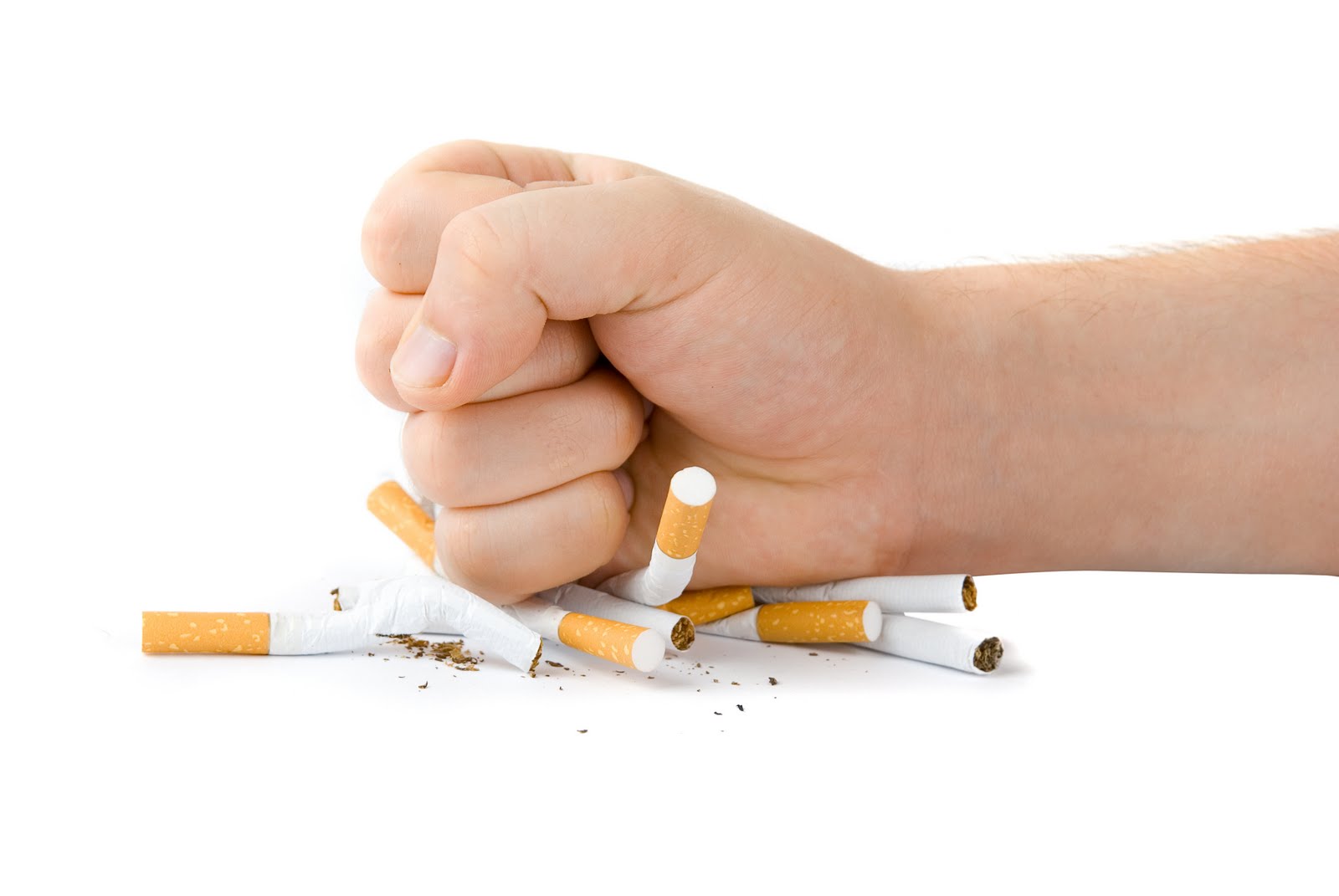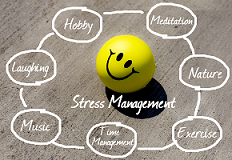Water is important for your survival, as it helps maintain your blood pressure and hydration levels. Every cell in your body requires water to function properly, so you really have to pay attention to staying hydrated all the time. Many people believe that there is a connection between water and blood pressure, and it is possible to lower blood pressure by drinking water. Is it the case? Let's find out more about it now!
Can Drinking Water Lower Your Blood Pressure?

Yes, it can. You need to stay hydrated to keep your blood pressure within the normal range. Your blood pressure goes up when your water intake is low. That happens because your body tries to secure water by retaining sodium, and sodium has a direct connection to high blood pressure.
What's more, when you are dehydrated, your body gradually closes down certain capillary beds, which in turn increases pressure in your arteries and capillaries. This will again lead to a spike in your blood pressure. Therefore, it makes great sense to drink water to lower your blood pressure in a natural way.
How to Lower Blood Pressure by Drinking Water
It is true that there is a positive connection between water and blood pressure, but you need to know how to increase your water intake to get good results. Here are a few things to bear in mind:
- Be sure to drink 8 glasses of water every day. You may want to drink more if you already have hypertension. Talk to your doctor first if you have kidney issues.
- Avoid drinking too much. Going overboard by increasing your water intake suddenly can cause several complications. Introduce more water into your diet in a slow, systemic manner.
- Keep drinking water when you exercise. You should be drinking water before, during and after exercise to stay hydrated. Ideally, you should be drinking 16 oz. of water a couple of hours before exercise and then drink some more every 15 minutes during your workout sessions.
Other Ways That Help Lower Blood Pressure
Drinking water is a natural way to control your blood pressure, but you can try other ways as well to lower blood pressure. Here are some suggestions:
1. Manage Your Weight

If you are overweight or obese, losing some weight will directly lower your blood pressure. You will notice significant changes in your blood pressure by losing just 10 pounds.
At the same time, you should always watch your waistline because too much fat around this area may eventually lead to hypertension. Men should not let their waistline go beyond 40 inches and women should keep it below 35 inches to lower risk of high blood pressure.
2. Include Exercise in Your Routine

You should exercise daily, even if it is a 30-minute walk at a moderate pace. It is better to exercise a few days of the week instead of not doing anything. Simply by walking, you can bring your blood pressure down by 4-9 mm Hg.
Exercise can also help you avoid full-blown hypertension when you have slightly high blood pressure. Regular exercise is also beneficial when you already have hypertension, as it helps keep your blood pressure down to safer levels. Anything like jogging, walking, swimming, cycling, dancing, and even strength training will help. Just try to be consistent to notice positive effects.
3. Pay Attention to Your Diet

You should eat a balanced diet to lower risk of hypertension.
- Include fresh veggies and fruits in your diet and limit intake of saturated fats and cholesterol to keep your cardiovascular system healthy.
- You should include more potassium in your diet because it helps dilate blood vessels and lower blood pressure.
- Moreover, it is a good idea to keep a food diary to keep an eye on what you eat and how much. This will help you make better food choices to control your blood pressure.
4. Limit Your Sodium Intake

Even when people do not know the connection between water and blood pressure, they still have a clear idea about how detrimental sodium is for their hypertension. Even a small reduction can reduce blood pressure by 2-8 mm Hg. Ideally, you should not have more than 2,300 mg of sodium a day. People with greater salt sensitivity should keep it less than 1,500 mg a day – this is true for African-Americans and people over 51 years of age.
To control your sodium intake, always read food labels while shopping. You should limit intake of processed foods and avoid using too much salt for flavoring. Even a teaspoon of salt provides you with 2,300 mg of sodium.
5. Avoid or Limit Intake of Alcohol

It is better to avoid alcohol altogether, but you should at least be trying to limit its intake because it helps you lower blood pressure by 2-4 mm Hg. Some experts believe that drinking alcohol in moderation may help lower your blood pressure, but if you start drinking, it is easy to go overboard and drink too much alcohol.
Ideally, you should not have more than a drink if you are a female. Men under the age of 65 can have a couple of drinks a day. Keep in mind that one drink equals 5 oz. of wine, 12 oz. of beer, and 1.5 oz. of 80-proof liquor.
6. Stop Smoking

If you have not already stopped it, do it now. You will not be able to keep your blood pressure under control when you cannot stop smoking. Every time you smoke a cigarette, it keeps your blood pressure elevated for several minutes. It can affect your arteries and blood vessels and lead to several cardiovascular complications.
7. Manage Stress Better

Now you know that there is a relationship between water and blood pressure. Actually, stress and blood pressure are also connected. You may end up developing hypertension if you do nothing to deal with chronic stress. Even occasional stress can raise your blood pressure temporarily.
To manage stress in a better way, you should change your expectations to avoid being disappointed. Identify your stress triggers and avoid them as much as possible. Try some relaxation techniques and exercises like yoga and meditation to relax your nerves.
